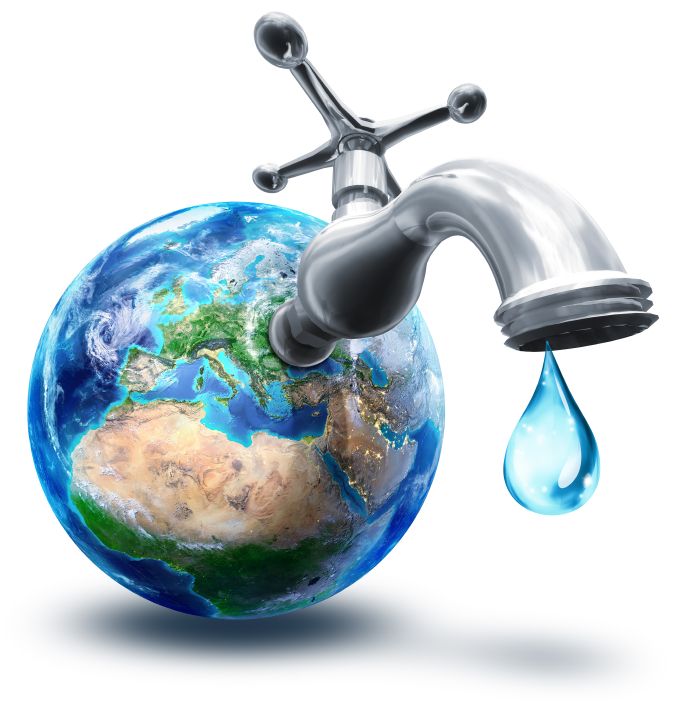
Rising residential water threats in U.S. underlines tap drinking water works are not just a developing world problem
Stockholm, Sweden, March 22, 2016 – The safe residential drinking water that many people living in developed societies like the U.S.A have taken for granted for decades is under threat from decaying infrastructures, climate change and lack of investment, warns Bluewater, a world leader in water purification technologies for home and commercial use.
As the planet marks World Water Day, Bluewater founder and CEO, Mr Bengt Rittri, said that the tragic events in Flint, Michigan, where lead contaminated local drinking water for several years, have fueled consumer fears that they cannot take the safety of their water for granted.
“Water is our most precious resource, yet we are polluting it on an unprecedented scale with substantial quantities of pollutants such as toxic metals, chemicals, pharmaceuticals and agricultural runoffs. While industrializing countries like China or India are targeted for their unsafe residential water, even highly developed societies like the United States rely on water treatment systems using older technology dating back decades that was not designed to remove today’s contaminants and use delivery pipes up to 100 years old,” Mr Rittri said.
Citing a new study by researchers at the Geisel School of Medicine at Dartmouth, New Hampshire, U.S.A, had indicated fetal growth may be impacted by even low levels of arsenic that pregnant women consume in drinking water and food, Mr Rittri called for national governments globally to tackle the ticking time bomb of safe urban tap water delivery.
The American Water Works Association, a nonprofit, scientific and educational organization, has estimated that about one-sixth of all water pumped in the United States is lost due to leakage resulting from premature pipe corrosion and leakage. According to one estimate, 850 water main breaks occur every year in North America at a total annual repair cost of US$3 billion.
Not only is water leaking out, but it is also leaking into water delivery pipes, carrying chemicals, organic waste and other toxic matter. The U.S. Environmental Protection Agency (EPA) estimated over 10 trillion gallons of untreated rainwater and melted snow pours off roofs, roads, parking lots and other surfaces to threaten sewer systems and drinking water supplies.
A Bluewater survey of over 1,000 U.S. adults aged 18 to 70 revealed that over 55% were concerned about their tap water quality. And over 46% said they used a water filtration system of some kind to clean the water coming our of their residential faucets while one-fifth of respondents said they relied on bottled water to use at home to drink.
Mr Rittri said such findings were highly relevant as one water scandal after another similar to that in Flint hits the news headlines. He said tap water and health cannot be separated because many conditions such as heart disease and cancer have been linked to contaminants regularly found in residential drinking water.
“Sustaining tomorrow’s cities will require serious improvements, if not a revolution, in the way municipal water systems clean and deliver safer drinking water. Until then, probably the safest option is for consumers to fix the problem themselves by installing their own high-performance point-of-use water purifiers at home or in their workplaces,” said Mr. Rittri.
For more information, please contact,
David Noble
Head of International PR & Communication
T: +44 7785 302 694
E: dn@bluewatergroup.com